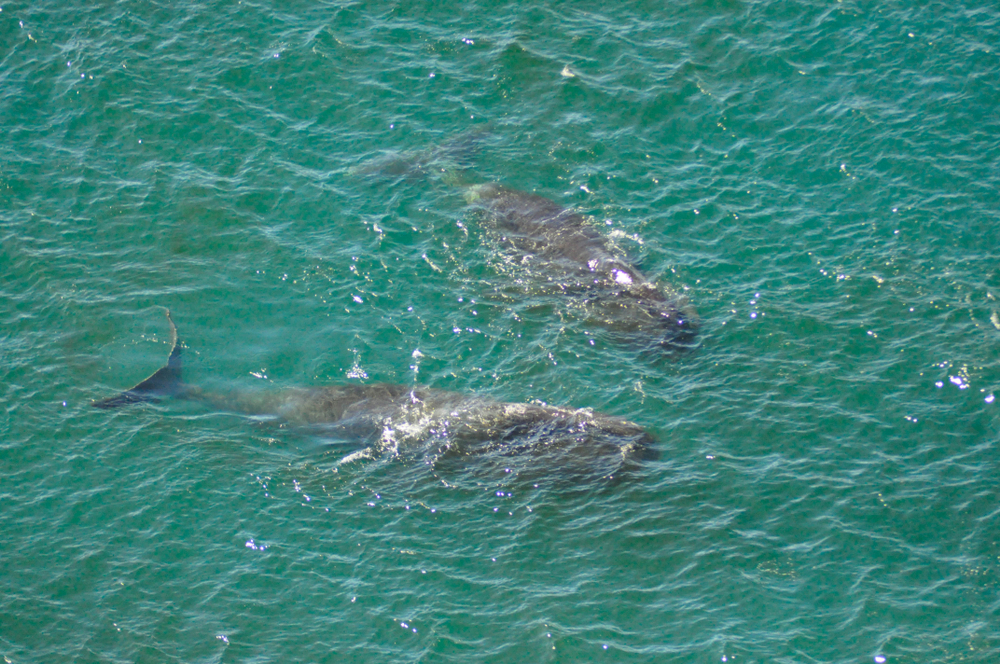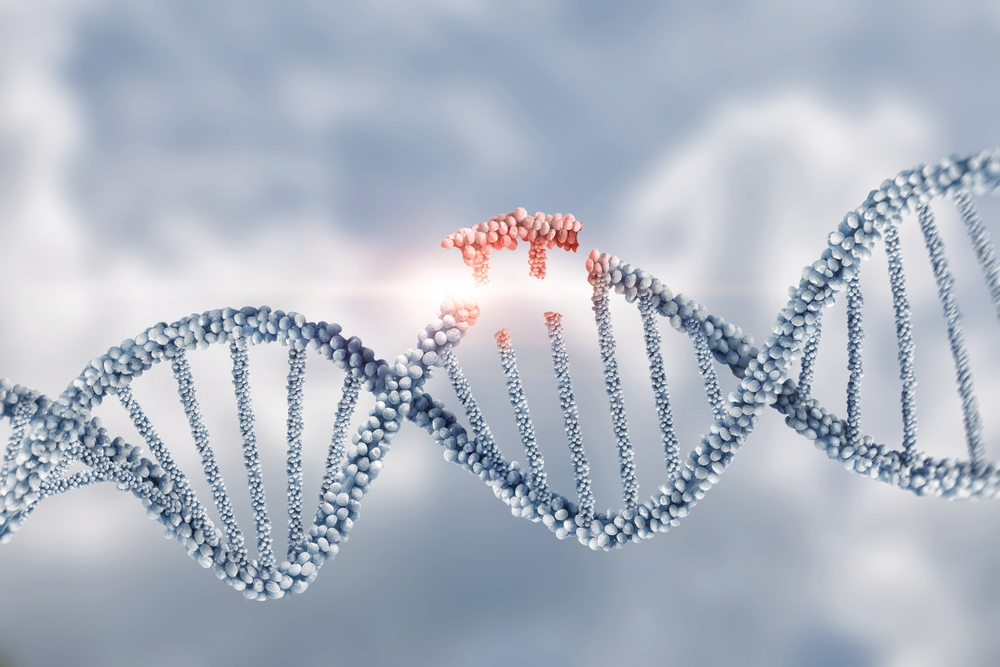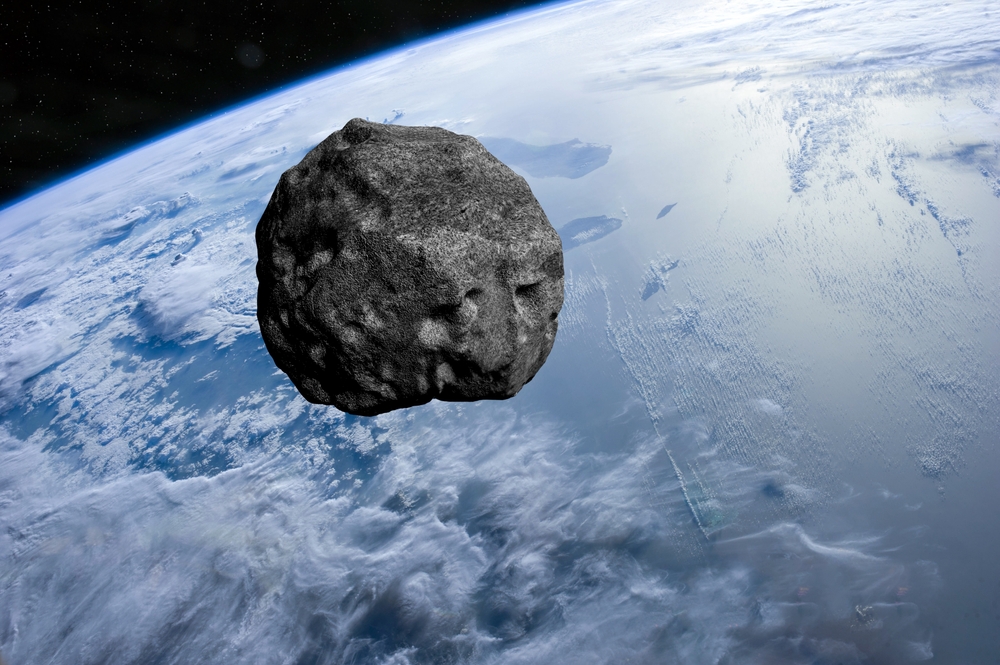Now Reading: Whale Poop Reveals Toxic Algae Threat in Warming Alaskan Arctic
-
01
Whale Poop Reveals Toxic Algae Threat in Warming Alaskan Arctic
Whale Poop Reveals Toxic Algae Threat in Warming Alaskan Arctic

Quick summary
- Research on Bowhead Whales and arctic food web: A study by the Woods Hole Oceanographic Institution (WHOI) found elevated concentrations of algal toxins in whale feces, posing risks to marine organisms and coastal communities relying on them.
- Toxic Algae Spread: Dormant toxic algae cells, Alexandrium cysts, were discovered in large concentrations in the Alaskan Arctic seabed. Rising water temperatures enable germination, increasing toxin exposure.
- Whale Sampling Results: Analysis of 205 bowhead whale samples (2004-2022) revealed 50-100% had saxitoxin annually; domoic acid was less prevalent but rising in some years.
- Sea Ice Loss Correlation: Loss of ice increases sunlight penetration, warming waters and encouraging algae blooms that heighten toxin levels. This poses nutritional risks for Alaska Native communities reliant on subsistence hunting and fishing.
Indian Opinion Analysis
The findings underscore an alarming connection between climate change impacts and threats to crucial ecosystems like the Arctic food web. for India-already grappling with climate-driven challenges-the research serves as a warning about escalating ecological disruptions affecting livelihoods globally.
India’s coastal regions face similar vulnerabilities with harmful algal blooms linked to warming seas threatening fisheries-dependent communities’ nutrition and economic security. Policymakers can incorporate such studies into disaster preparedness frameworks for vulnerable populations while advocating robust international cooperation toward combating climate change impacts at scale.




























